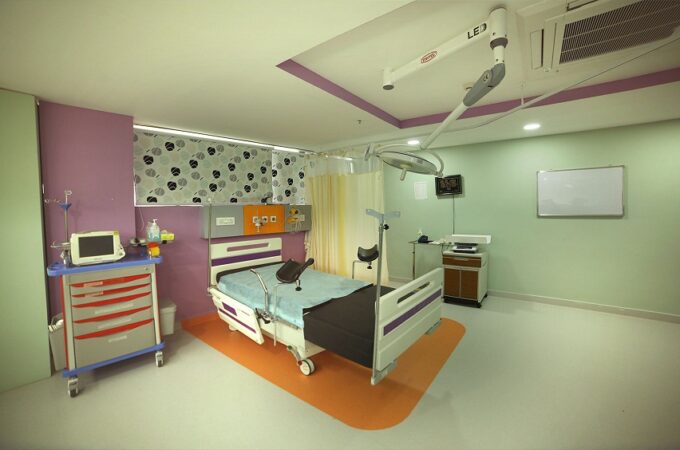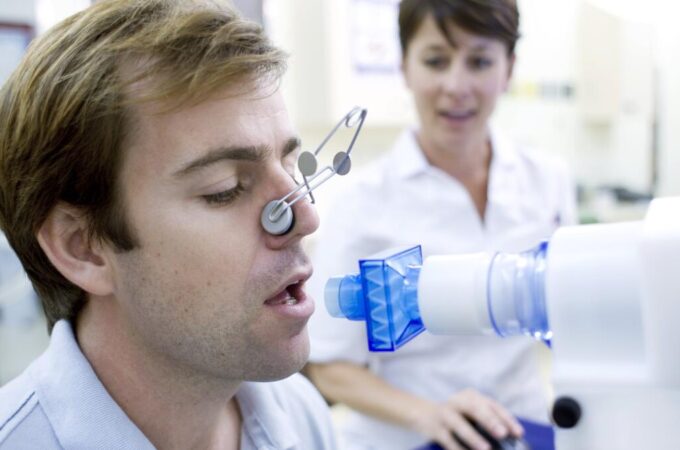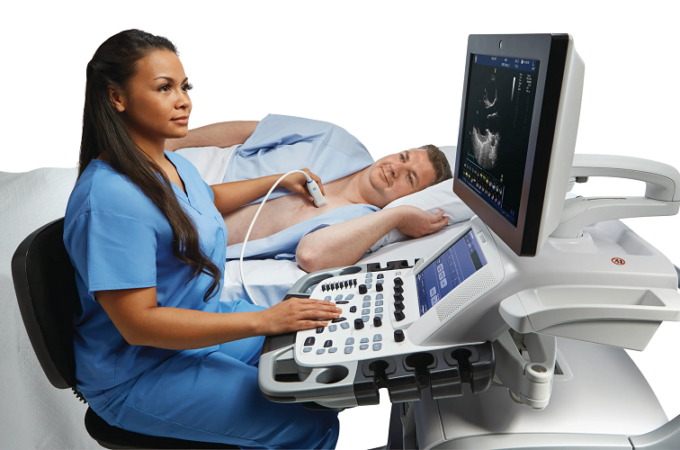
What are the Types of nursing consultation according to access?
The BOE has recently published the call for access to the speciality of Community Nursing in Spain. There will be a first appointment on December 11 and a second call within the following ten months. An annexe with the recommended bibliography is included in the speciality training program, which consists of some Elsevier books, such as:
Preventive medicine and public health
Communication techniques and helping relationships in health sciences
Self-assessment in Community Nursing
Family care and community health
Along with these titles, it also highlights the presence within the recommended bibliography of the second edition of the Practical Manual of Community Nursing, signed by José Ramón Martínez Riera and Rafael del Pino Casado, the source of our exclusive content today, on the types of nurse consultation according to access.
Nursing consultations
Since its origin, nursing consultations have been considered an element of demand control in the initial phases of health centres due to the high prevalence of chronic-degenerative processes that originate a growing demand for health services.
Its establishment and development were not exempt from controversy since doctors viewed them as an element of professional intrusion and transparent interference in their competencies. However, over time and given the legal and widespread rejection of their complaints, the nursing consultation was consolidated in the field of primary care.
On the other hand, the nurses welcomed their implementation as a way of vindicating their professional autonomy, understanding that they went from being “doctors’ nurses” to “community nurses”, but with an evident lack of training to carry them out and with an erroneous conception of these by pretending to mimic those of the doctors, becoming in many cases a consultation to eliminate the bureaucracy of the doctor’s ConsultationConsultation and attending to chronic pathologies based on protocols derived from medical consultations and with very little or no content of specific nursing care.
Different definitions
Since its implementation, the nursing consultation has been defined in different ways:
As the activity of meeting and communication between the user and the nurses for the knowledge and solution of health problems carried out on the premises of the health centre.
Activity to improve the control and monitoring of chronic patients.
They are proposed to respond to the care needs in the specific aspects of nursing in the areas of prevention, recovery and rehabilitation of health.
Their work focuses on helping the individual, the family group and the community; to perform health self-care from birth to death and through a specific and therapeutic interaction process.
A process encompasses a series of activities to help the client perceive, understand and act on events in the client’s environment.
A way of interaction in seeking, facilitating and receiving help.
Query Types
The new approach to nursing consultation is a service offered to each person who attends the talk, whether spontaneously, referred by another professional or scheduled-arranged. We can, therefore, differentiate three types of the query (see image)
Scheduled nurse consultation
This is the one carried out by each Nurse with the patients of their population included in one of the programs or subprograms of the health centre, following a protocol or clinical guide. Goals:
- Achieve self-care for your health problem, enhancing self-esteem and personal autonomy.
- Strengthen promotion and prevention activities through health education.
- Respond to health problems raised.
- Promote communication and trust in the nurse-patient family.
- Agree on objectives and agree on the time of achievement.
- Establish care plans based on a previous assessment (e.g., Gordon’s functional patterns) and a theoretical framework (e.g., Dorothea Orem).
- Carry out a joint evaluation of the objectives
- Patients will be able to enter said ConsultationConsultation:
- By referral from another team professional, according to the criteria of the clinical guide or protocol.
- By uptake of the Nurse herself, according to the criteria of the clinical guide or protocol.
- At the user’s request, according to the criteria of the clinical guide or protocol.
2/Consultation on demand-scheduled
- The one carried out by each Nurse with the patients of their population included in any of the programs or subprograms of the health centre and who are no longer in the scheduled nursing consultation for any of the following reasons:
- They have achieved a sufficient degree of autonomy and self-care.
- The agreed objectives for achieving self-care within the previously established deadlines have not been completed.
Goals:
- Promote self-care.
- Strengthen promotion and prevention activities.
- Avoid healthcare adherence.
- Promote personal autonomy.
- Respond to health problems raised.
- Patients will be able to enter said ConsultationConsultation:
- By referral from the scheduled nurse consultation after assessing the responsible Nurse about the two reasons stated above.
3/Nurse Consultation on demand
That is carried out by each Nurse with the patients of their population, without prior programming, because the user comes or requests to be seen on the day for aspects that are the responsibility of the nurses.
General objectives
Provide immediate nursing care for specific problems and health needs through direct summons requested by the user or other professionals.
Expand and improve the health services offered to the entire population in the field of Primary Health Care by increasing the services provided in the nursing consultation.
Specific objectives
Establish the reference nurse to promote an excellent nurse-patient relationship.
Strengthen user confidence in the service provided by nurses.
Promote communication between nurses and other members of the primary care team.
Apply a standard methodological model in all nursing actions, unifying criteria, which allows professionals to reduce uncertainty in decision-making and implies a reduction in variability in nursing practice.
Increase the knowledge and skills of the assigned population in terms of health disease to enhance and promote self-care by individuals, families and the community.
Promote the detection of needs and socio-sanitary problems and the referral, if appropriate, to the right professionals for their resolution.





